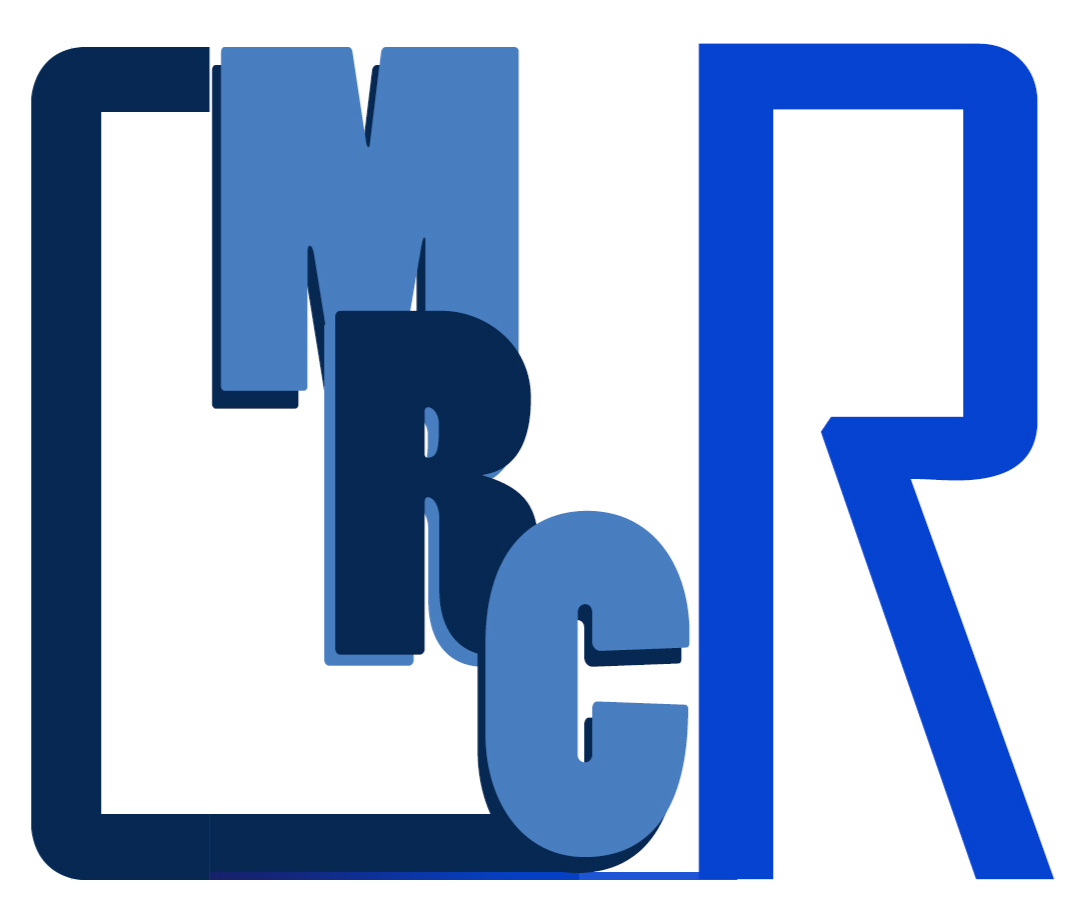Clinical Medical Reviews and Case Reports
First Bite Syndrome: An Underestimated Complication of Carotid Body Tumor Surgery
Dilek Yilmaz* and Jaap F. Hamming
Department of Vascular Surgery, Leiden University Medical Center, The Netherlands
*Corresponding author: Dilek Yilmaz, Department of Vascular Surgery, Leiden University Medical Center, 2300 RC Leiden, The Netherlands, E-mail: d.yilmaz@lumc.nl
Clin Med Rev Case Rep, CMRCR-1-008, (Volume 1, Issue 2), Case Report; ISSN: 2378-3656
Received: October 19, 2014 | Accepted: November 18, 2014 | Published: November 22, 2014
Citation: Yilmaz D, Hamming JF (2014) First Bite Syndrome: An Underestimated Complication of Carotid Body Tumor Surgery. Clin Med Rev Case Rep 1:008. 10.23937/2378-3656/1410008
Copyright: © 2014 Yilmaz D, et al. This is an open-access article distributed under the terms of the Creative Commons Attribution License, which permits unrestricted use, distribution, and reproduction in any medium, provided the original author and source are credited.
Abstract
Carotid Body Tumours (CBTs) are paragangliomas located at the carotid bifurcation, treated surgically or by follow-up. First Bite syndrome (FBS) is a rare complication of CBT surgery, with only a few reports in literature. We present a case of a 34-year-old female patient who developed FBS after CBT surgery to raise awareness for this rare and underestimated complication affecting quality of life.
KeywordsCarotid body tumour, First bite syndrome, Parapharyngeal space surgery, Cranial nerve damage
Introduction
Carotid Body Tumours (CBTs) are paragangliomas located at the carotid bifurcation [1]. The CBT is a highly vascularized tumour and arises from neural crest cells [2,3]. Carotid body tumours (CBTs) are treated surgically with a risk of neurovascular damage [4], or conservatively by follow-up. In such cases, it is important to be aware of all possible outcomes and complications of this procedure. First Bite syndrome (FBS) is a rare complication of CBT surgery, with only a few reports in literature. We present a case of a 34-year-old female patient who developed FBS after CBT surgery to raise awareness for this rare and underestimated complication.
Case
A 34-year-old female was referred to our out-patient clinic by the Otorhinolaryngologist with a swelling in her left neck, progressive over the last two years. On Magnetic resonance imaging (MRI), a carotid body tumour (CBT) of six centimetres in the largest diameter was observed and classified as a Shamblin [5] type III tumour. On the contralateral side, she also appeared to have a smaller Shamblin type I carotid body tumour of 2,9cm in its largest diameter. The smaller tumour grew during the follow-up. A successful resection of the larger tumour was performed in a craniocaudal fashion [6]. The procedure was uncomplicated: no arteries or cranial nerves were sacrificed. Postoperatively, the patient reported complaints of pain in the jaw during meals. She described a typical painful sensation of the left jaw during the first bite of every meal, which diminished with subsequent maceration. The complaints were first reported during the first meal after surgery and were still present at one year of follow-up. She declined the offer of treatment with botulin toxin infiltration. The patient described that the pain occurred less frequently, but was nevertheless present during the first bites of meals.
Comment
CBTs are slowly growing indulgent tumours and can be safely allowed to follow their natural course [7]. Surgical interventions are not always necessary First Bite syndrome (FBS) is a rarely reported complication of carotid artery surgery and carotid body resections. Our patient reported typical complaints associated with First Bite syndrome: an excruciating pain of the parotid area during food ingestion. It typically begins with the first bite and improves with mastication. FBS was first described by Haubrich in 1986 [8]. The syndrome is encountered infrequently as a complication of parapharyngeal space surgery [9,10]. The origin of the problem is surmised to lie in sympathetic denervation of the parotid gland resulting in hypersensitivity of parasympathic impulses, which lead to a painful sensation during the first bite of a meal. Possible relief is suggested by way of infiltration with botulinum toxin. The pain of FBS is mainly self-limiting and there is no consensus on the treatment for symptom relief.
Recent reviews describe FBS sporadically as a complication of CBT surgery [9,10]. These are small series that report on multiple types of tumours, including a few CBTs. A dated series by Netterville on 25 operated patients, 40% of which developed FBS postoperatively, is one of the very few studies that report on FBS in CBT surgery [11]. We surmise that FBS is an underreported outcome of CBT surgery. Clinics that perform CBT operations more frequently, should take FBS as a complication into consideration during preoperative consultations.
Conclusion
Carotid body tumours are rare tumours and the incidence of FBS is unclear and possibly underestimated. The exact trauma mechanism causing FBS is unclear and therefore preventive measures are unclear. FBS should be taken into consideration during preoperative consultations given its impact on patientsí quality of life.
References
-
Sajid MS, Hamilton G, Baker DM; Joint Vascular Research Group (2007) A multicenter review of carotid body tumour management. Eur J Vasc Endovasc Surg 34: 127-130.
-
Schwaber MK, Glasscock ME, Nissen AJ, Jackson CG, Smith PG (1984) Diagnosis and management of catecholamine secreting glomus tumors. Laryngoscope 94: 1008-1015.
-
Rao AB, Koeller KK, Adair CF (1999) From the archives of the AFIP. Paragangliomas of the Head and Neck: Radiologic-Pathologic Correlation. Armed Forces Institute of Pathology. Radiographics 19: 1605-1632.
-
van der Mey AG, Jansen JC, van Baalen JM (2001) Management of carotid body tumors. Otolaryngol Clin North Am 34: 907-924.
-
Shamblin WR, ReMine WH, Sheps SG, Harrison EG Jr (1971) Carotid body tumor (chemodectoma): clinicopathologic analysis of ninety cases. Am J Surg 122: 732-739.
-
van der Bogt KE, Vrancken Peeters MP, van Baalen JM, Hamming JF (2008) Resection of carotid body tumors: results of an evolving surgical technique. Ann Surg 247: 877-884.
-
van der Mey AG, Frijns JH, Cornelisse CJ, Brons EN, van Dulken H, et al. (1992) Does intervention improve the natural course of glomus tumors? A series of 108 patients seen in a 32-year period. Ann Otol Rhinol Laryngol 101: 635-642.
-
Haubrich WS (1986) The first-bite syndrome. Henry Ford Hosp Med J 34: 275-278.
-
Kawashima Y, Sumi T, Sugimoto T, Kishimoto S (2008) First-bite syndrome: a review of 29 patients with parapharyngeal space tumor. Auris Nasus Larynx 35: 109-113.
-
Abdeldaoui A, Oker N, Duet M, Cunin G, Tran Ba Huy P (2013) First Bite Syndrome: a little known complication of upper cervical surgery. Eur Ann Otorhinolaryngol Head Neck Dis 130: 123-129.
-
Netterville JL, Reilly KM, Robertson D, Reiber ME, Armstrong WB, et al. (1995) Carotid body tumors: a review of 30 patients with 46 tumors. Laryngoscope 105: 115-126.





